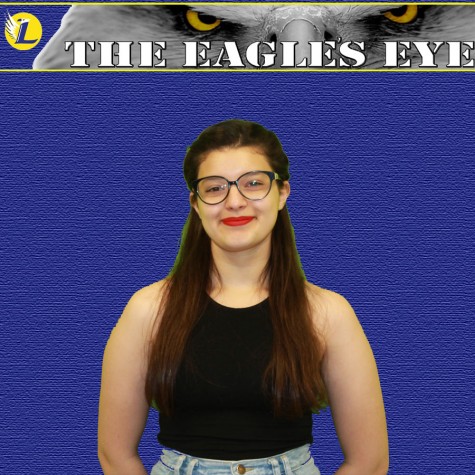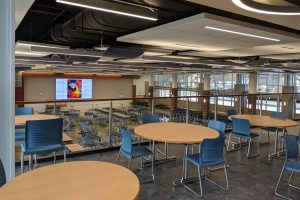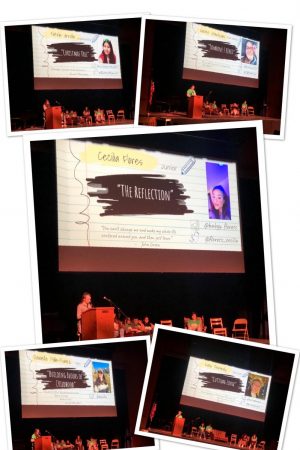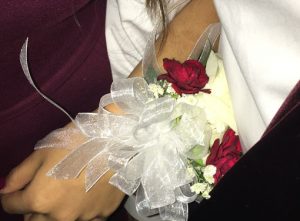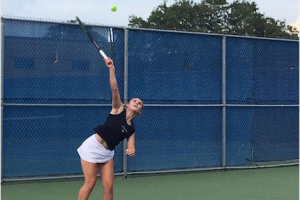Leyden teams you probably didn’t know about
December 17, 2015
In the past few weeks, several of Leyden’s academic teams, namely Model United Nations (Model UN), Academic Team, and the Mathematics Team, have competed against other high school students in battles of wit, resolution, and application. As well as the events in this article, it is important to acknowledge some other quasi-academic extracurriculars Leyden offers that many people are not aware of: the Speech and Drama Team that competes nearly every Saturday, with students writing and memorizing an original work or performing an already written work; Kickin’ at the Darkness, the school’s slam poetry team;
Leyden’s Model UN team, sponsored by social studies teacher, Mr. Alex Jomarron, headed to Lansing, Michigan the first week of December to compete in the Canadian-American Student Council (CASC) Model UN meet. The premise of Model United Nations is to simulate the actual United Nations and attempt to resolve crisis facing our world today, each student acting as an individual country. Once each student has been assigned a country and issues to research, they head to the conference, Jomarron describing as such, “The participant, known as a delegate, is to research their country, especially in the context of the topics, and research the topics. Advanced delegates will also research which other countries are allies or opponents, and who can be swayed. The goal is to pass a resolution to the problems. Honored delegates are the ones who get the resolutions passed.” Surprisingly competitive and interesting, Model UN does not, in my opinion, receive the recognition it should from those not involved.
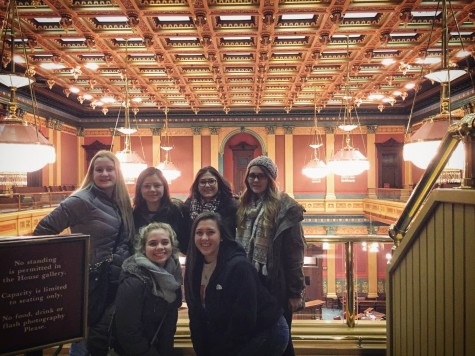
From left to right: Seniors Liz Shelton, Kamila Nozka, Alyssa Laskowski, Kamilla Wielgat, Jennifer Lewanczyk, and Junior Madison Ganir at the CASC conference.
English teacher, Mr. Frank Scalero, is in charge of the Academic Team at Leyden, took students to Hinsdale Central High School to face off against the host as well as the Morton Grove team. The setup for scholastic bowls is as follows: teams comprised of five students, each member usually being an expert in one of the several categories that will be tested, including literature, science, history, mathematics, science, and fine arts. An initial question, or a toss-up, is asked, and whichever team answers correctly and quickly will receive subsequent question based on the toss-up, giving them the opportunity to gain bonus points. Scalero recounts, “There’s a quiet tension with occasional bursts of excitement when a question is answered extremely fast or a really tricky question is answered.” It’s kind of amazing, the sheer amount of information these kids store in their heads, how the don’t hesitate to answer when the pressure is tangible.
Lastly, the Mathematics Team, run by math teachers Mr. Frank Salerno and Mr. Matthew Rusek, attended a competition hosted by North Central College in Naperville on December 2. Similar to Academic Team, the Math Team winnings are based on the correctness and swiftness of responses to the questions ranging from geometry to calculus. However, students can compete individually on the Math Team. Senior Stefi Micevic, who competed on the second, and did well, but did not place, comments on her involvement, “From math team, you really get to expand your math knowledge and demonstrate your skills in a semi-competitive scene. It also is just another way to be involved in school.”

